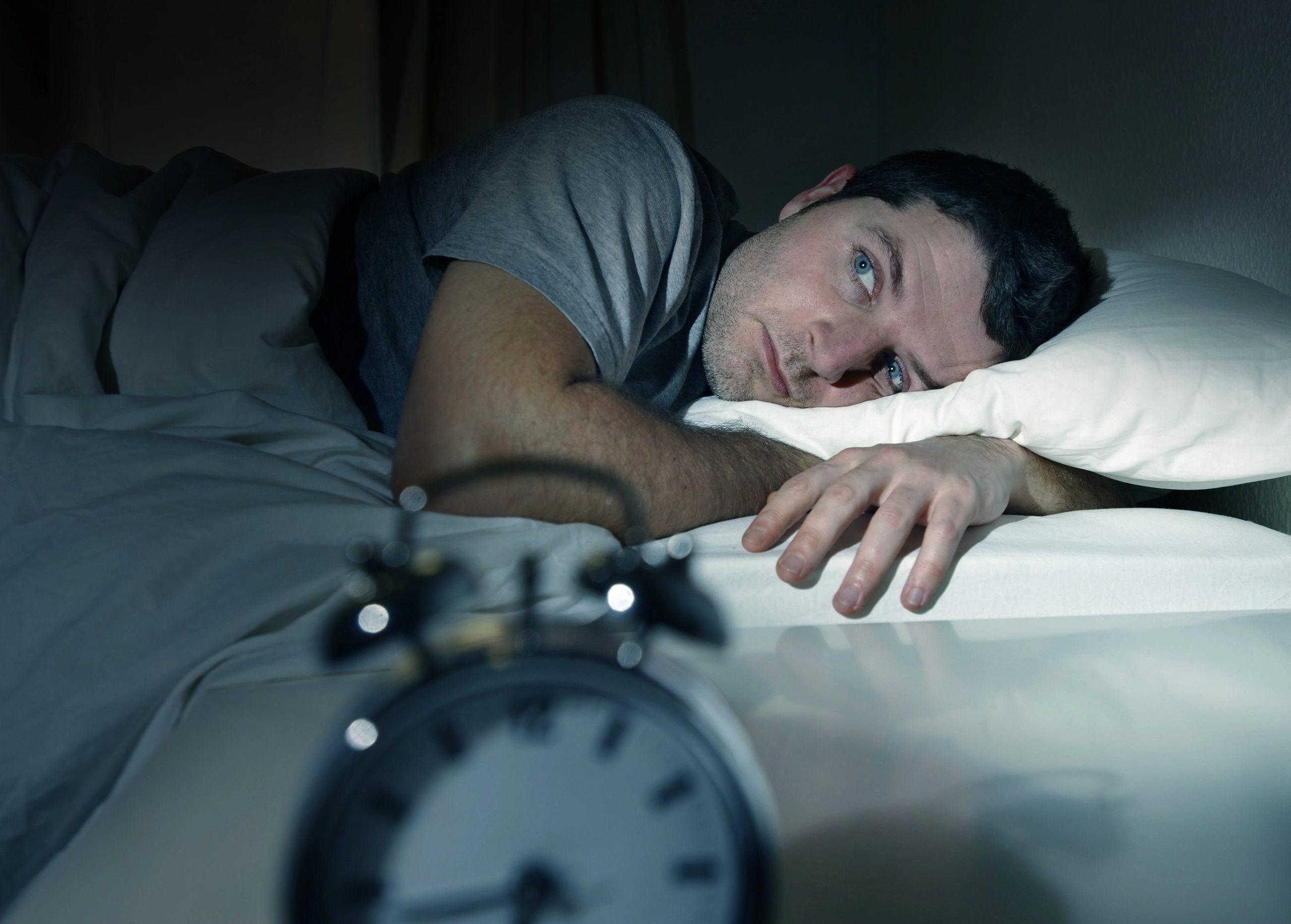What Is Sleep Apnea and Why It Matters
Sleep apnea is a serious sleep disorder characterized by repeated interruptions in breathing during sleep. This condition can lead to fragmented sleep and reduced oxygen levels, affecting overall health and well-being. For individuals aged 35–50, particularly those living in suburban or small-town communities, understanding the implications of sleep apnea on oral health is crucial. Dr. Renken emphasizes that untreated sleep apnea not only disrupts restful sleep but also poses significant risks to dental health.
Symptoms That Link Oral Health and Sleep
Many people may be unaware that certain symptoms associated with sleep apnea can directly impact their oral health. Common signs include loud snoring, gasping for air during sleep, excessive daytime fatigue, and dry mouth upon waking. The latter symptom often results from breathing through the mouth at night, which can lead to various oral health issues such as tooth decay and gum disease. Recognizing these symptoms early can help patients seek appropriate care and improve both their sleep quality and oral health.
Oral Appliance Therapy at Renken Dentistry
For patients struggling with sleep apnea, oral appliance therapy offers an effective solution. This treatment involves custom-fitted devices designed to reposition the jaw and keep the airway open during sleep. At Renken Dentistry, Dr. Renken provides personalized and comprehensive care tailored to each patient’s unique needs. By choosing oral appliance therapy over traditional CPAP machines, many patients find greater comfort and convenience, allowing them to enjoy better sleep without sacrificing their oral health.
How Sleep Apnea Can Damage Teeth and Gums
The relationship between sleep apnea and oral health is complex. When breathing is obstructed, it can lead to increased pressure in the mouth, causing teeth grinding (bruxism) and wear on enamel. Additionally, chronic dry mouth due to mouth breathing creates an environment conducive to cavities and gum disease. Patients may experience swollen gums, bad breath, and even tooth loss if left unaddressed. Understanding these risks highlights the importance of seeking timely intervention and maintaining regular dental check-ups.
The Role of Dentists in Managing Sleep Apnea
Dentists play a vital role in diagnosing and managing sleep apnea. Through thorough examinations and discussions about symptoms, Dr. Renken can identify potential indicators of this disorder. Furthermore, dentists are equipped to provide valuable insights into lifestyle changes and preventive measures that can enhance sleep quality and oral health. Community-focused care ensures that patients receive support tailored to their individual circumstances, making it easier to navigate the complexities of sleep disorders.
Tips for Better Sleep and Oral Health
Improving sleep quality while maintaining optimal oral health requires a multifaceted approach. Here are some actionable tips:
1. **Maintain a Consistent Sleep Schedule**: Going to bed and waking up at the same time daily helps regulate your body’s internal clock.
2. **Create a Relaxing Bedtime Routine**: Engage in calming activities before bedtime to signal to your body that it’s time to wind down.
3. **Stay Hydrated**: Drink plenty of water throughout the day to combat dry mouth and promote saliva production.
4. **Limit Alcohol and Caffeine Intake**: Both substances can exacerbate sleep apnea symptoms and affect oral health.
5. **Practice Good Oral Hygiene**: Regular brushing and flossing can help prevent cavities and gum disease, especially for those experiencing dry mouth.
6. **Consult Your Dentist**: Regular visits to Renken Dentistry will ensure any emerging oral health issues related to sleep apnea are addressed promptly.
Can my dentist diagnose sleep apnea?
Yes, dentists, particularly those like Dr. Renken who specialize in sleep dentistry, can recognize signs of sleep apnea during routine examinations. They can evaluate symptoms and recommend further testing if necessary.
Is an oral appliance better than a CPAP?
For many patients, oral appliances offer a more comfortable and convenient alternative to CPAP machines. However, the best option depends on individual preferences and specific medical conditions. Consulting with Dr. Renken can help determine the most suitable choice.
Does sleep apnea increase risk of cavities?
Absolutely. Sleep apnea can contribute to dry mouth, which reduces saliva flow and increases the risk of cavities. Maintaining good oral hygiene and addressing sleep apnea symptoms are essential for protecting dental health.
Take Control of Your Sleep Apnea Today
If you suspect that sleep apnea is impacting your oral health, don’t wait to take action. At Renken Dentistry Crystal Falls, Dr. Renken offers personalized and affordable solutions to help you achieve better sleep and improved dental health. Learn more about our Sleep Apnea services today. To schedule an appointment, call us at (737) 257-6096, or visit our contact page. Take the first step towards healthier sleep and a brighter smile!

